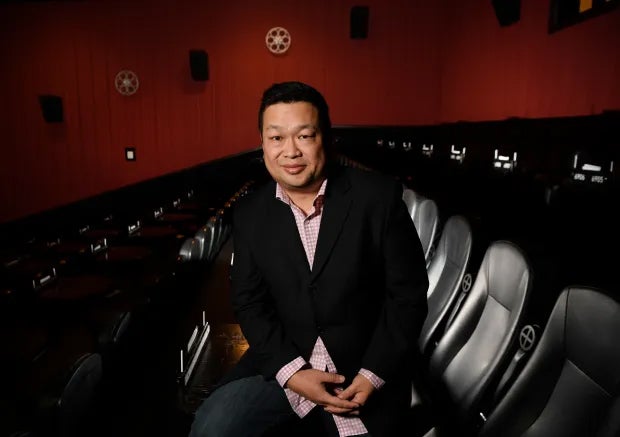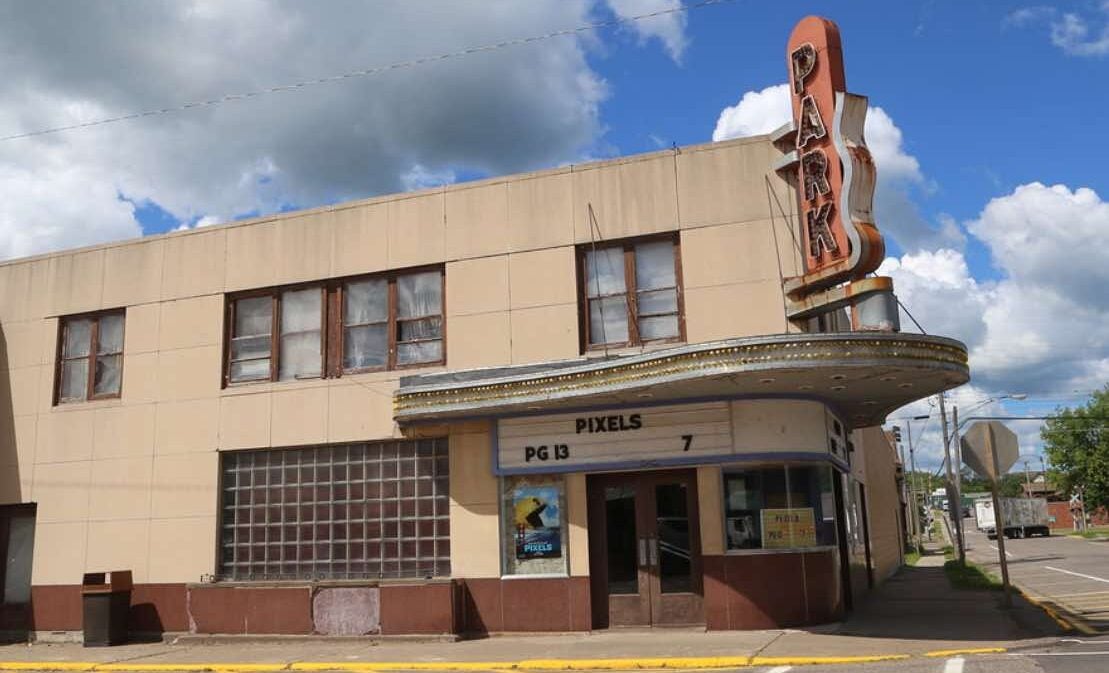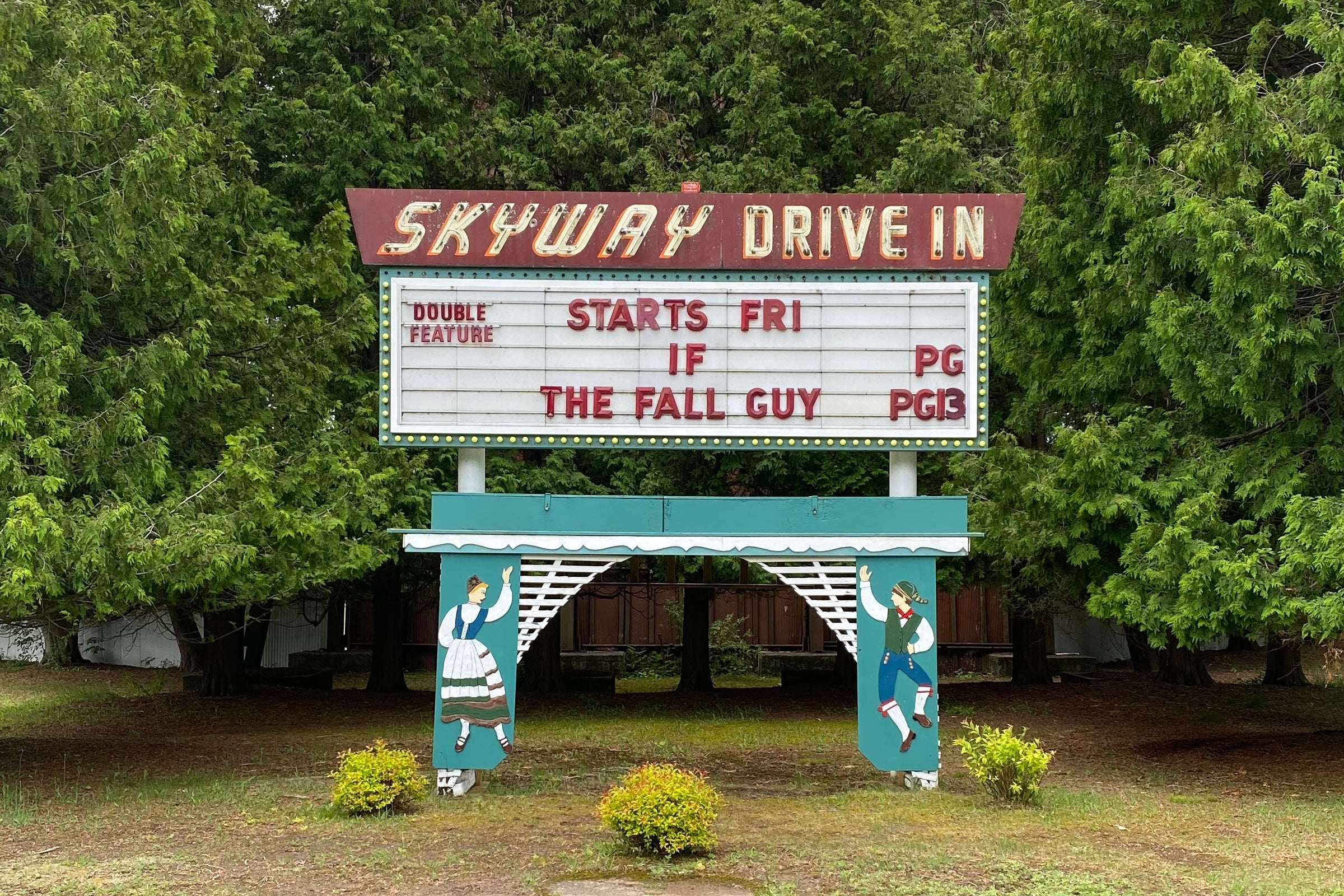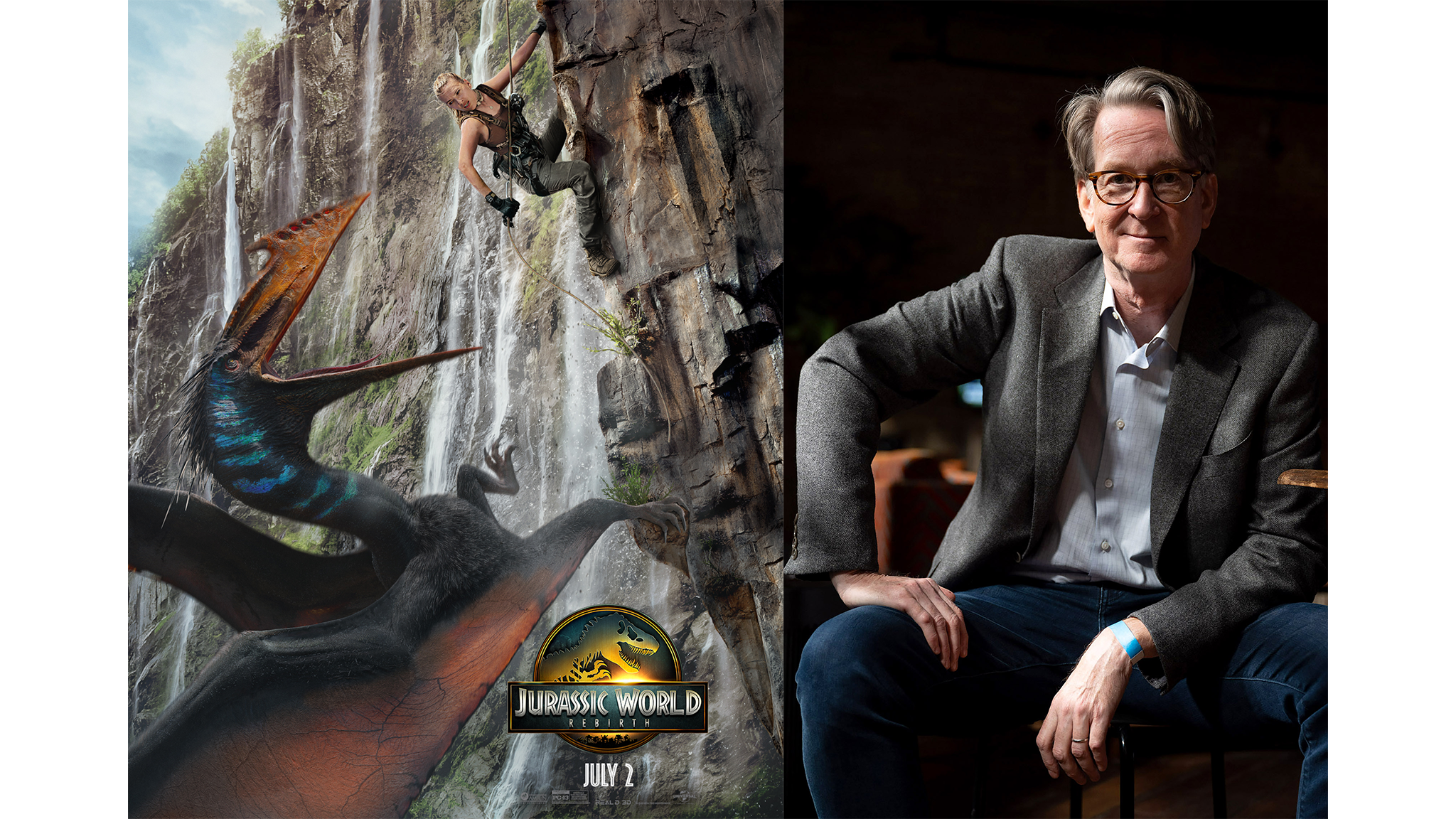Walter Chaw is the senior film critic for Film Freak Central. His work has appeared in “The New York Times,” “L.A. Weekly” and “Vulture.”
Chaw is also the author of the book “A Walter Hill Film,” which is available through film critic Matt Zoller Seitz’s MZS Press.
In this installment of “Walter on Walter” with WPR’s “BETA,” Chaw focuses on Walter Hill’s 1984 action-crime neo-noir film, “Streets of Fire.”
News with a little more humanity
WPR’s “Wisconsin Today” newsletter keeps you connected to the state you love without feeling overwhelmed. No paywall. No agenda. No corporate filter.
The following interview has been edited for clarity and brevity.
Walter Chaw: “Streets of Fire” represents everything that we ever wanted to see in a movie. He (Walter Hill) wanted to see kissing in the rain. He wanted to be a rock star. Where? A sold-out auditorium of adoring fans.
You wanted the biggest fight that there ever was. He wanted to be the hero that rides into town like Shane in a Western and cleaves it all up for everybody. He wanted to be that. And so this was an opportunity for him to really swing for the fences.
I think Larry Gordon, that was the producer, came and said that to Hill. He said, “Hey, what else you got? Paramount is pregnant,” meaning that Paramount was really ready to go to the Walter Hill business at that point.
And Hill said, “All right, this is it.” And everybody looked at him and said, “Are you sure this is what you want to make — a musical? Do you want all of those things?”
He says, “Yeah, I want it to be influenced by the John Hughes movies, which are really big right now. So no one in this movie will be over 35. I want it to be a musical. I want it to be a B-movie motorcycle programmer. I want it like Brando’s ‘The Wild One.’”
I want all of these things in the movie. And so the movie is extremely strange. It’s very difficult to describe to anybody. And lately, you know, when people ask me about “Streets of Fire,” I say it’s a movie about being young.
There’s a song that the great Jim Steinman, the lifelong collaborator with Meat Loaf, wrote. He wrote two songs. But one of them is “Tonight Is What It Means to Be Young.” “Streets of Fire” is a movie about everything that you dreamed about when you were young.
In a lot of ways, it’s a perfect movie. It is a work of pure expressionism. It’s a marvel. I love it.
Doug Gordon: “Streets of Fire” has been described as a neo-noir rock musical. Do you see the neo-noir in Streets of Fire?
WC: Absolutely. There’s only one scene shot in the daytime. The show shot a few days on location in Chicago, and then they rebuilt the whole street on a soundstage in L.A. so that they could control the lights better.
But while they were in Chicago, he (Walter Hill) and his cinematographer, Andrew Laszlo, got miles and miles of tarp, and they hung it over in across the the openings between the elevated train there on the corner so that they could control the light.
Everything is at nighttime. It’s a very kind of romantic noir thing. And again, Laszlo, who also shot “The Warriors,” was bouncing neon lights off of wet streets and metallic surfaces and everything has a sheen to it. And of course, you have the femme fatale played by Diane Lane and the noir hero coming back from war to restore order. Very noir elements.






